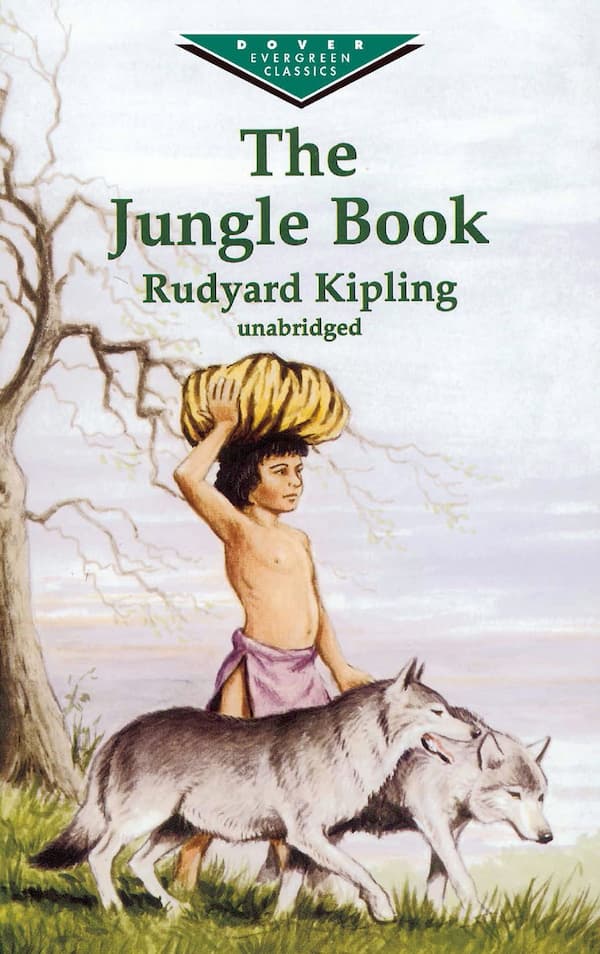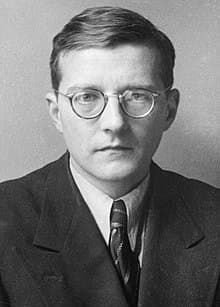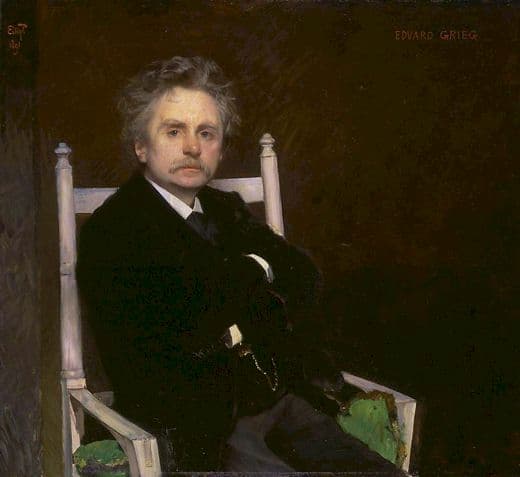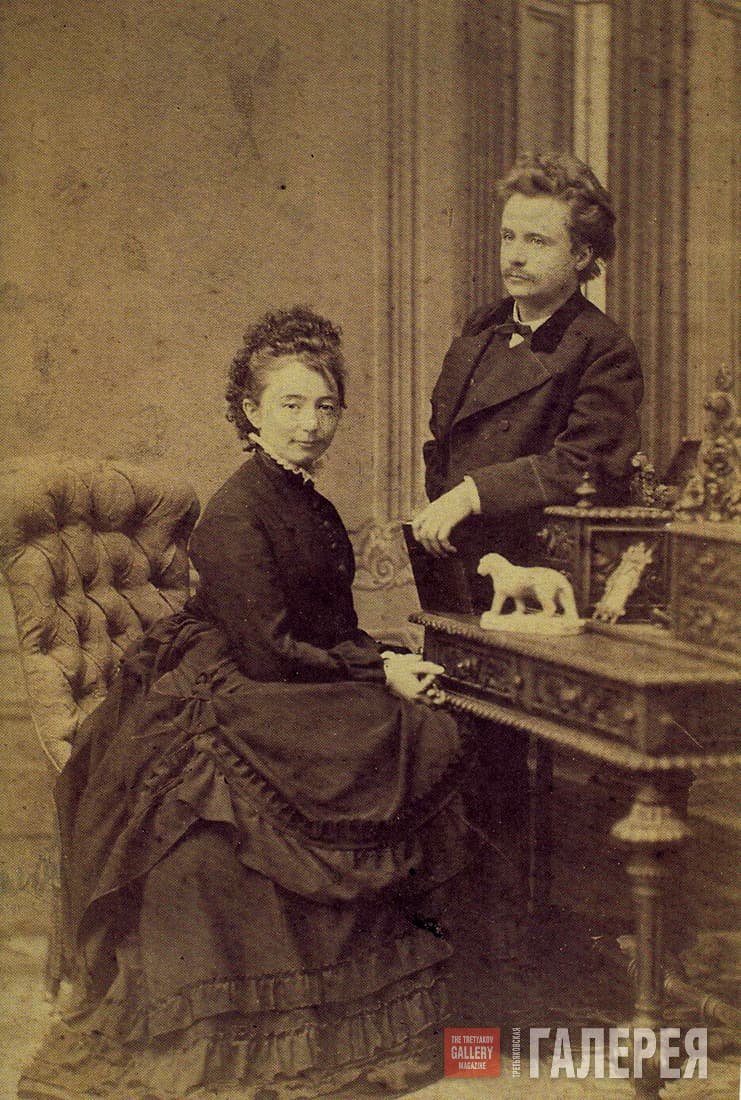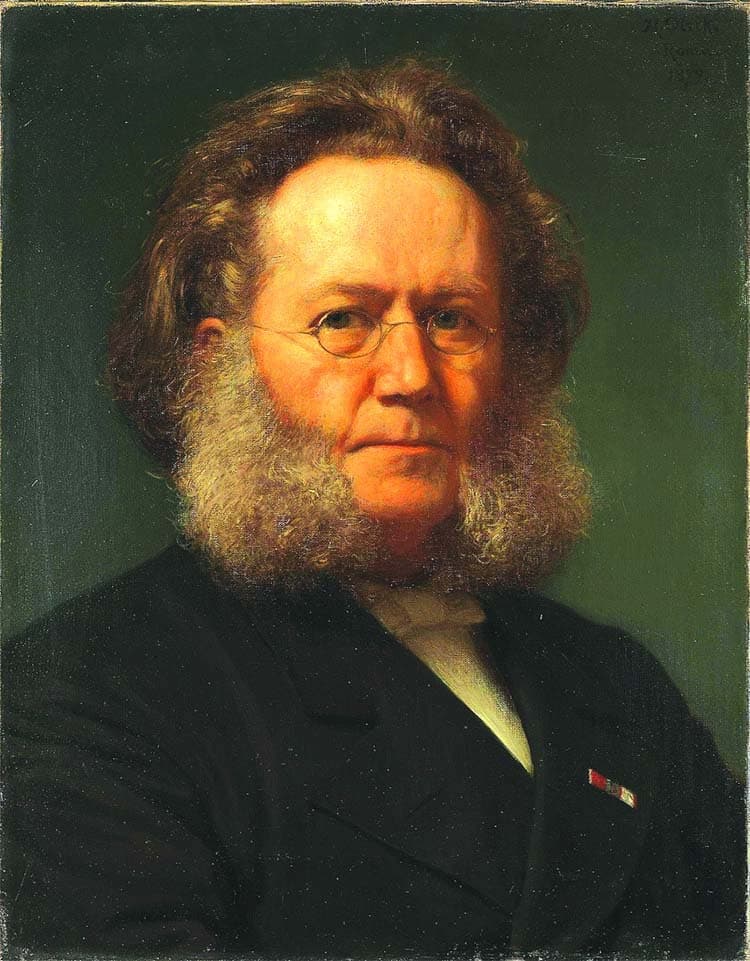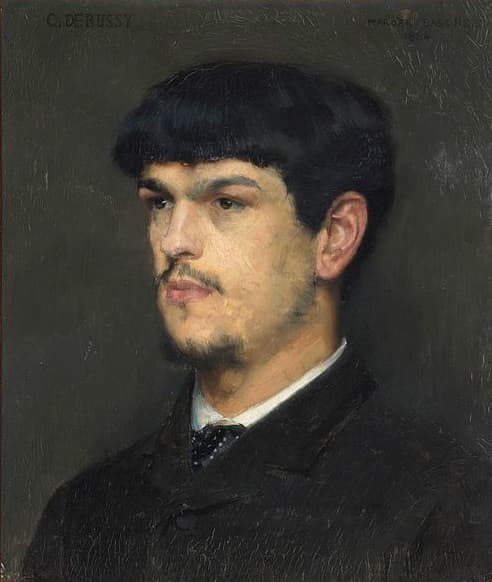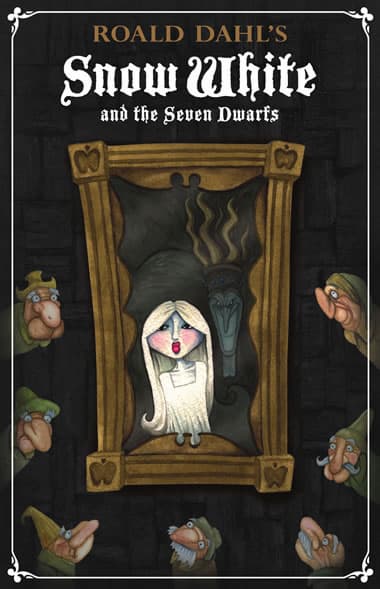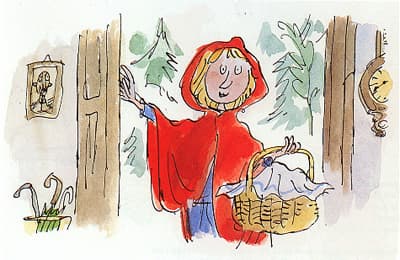Born on 30 December 1865 in Bombay, what today is Mumbai, India, Rudyard Kipling is remembered for his poems and stories of British soldiers in India, and tales for children. Incredibly popular in the late 19th and early 20th century,
Poetry
Following the victory of Spain’s Nationalist party in the Spanish Civil War (1936–1939) and the rule of fascist Franciso Franco, the orphans of the dead Republican fighters were sent out of the country. The USSR, a support of the Republican
In 1895, Edvard Grieg came across the book Haugtussa (The Mountain Maid) by Arne Gaborg. He immediately was fire and flame writing to his friend Julius Röntgen, “In the last few days I have been occupied with a very peculiar
Edvard Grieg met Hans Christian Andersen in Copenhagen in 1864, when the writer and poet already enjoyed considerable fame in many parts of Europe for his stories, novels, and poetry. The two artists enjoyed a close kinship as both were
Throughout his life, Edvard Grieg (1843-1907) composed a total of 181 songs. That means that excluding folk-song arrangements, Grieg composed more vocal music than piano and chamber works together. From his 4 Songs Op. 2 of 1861 to the 5
Claude Debussy set altogether thirteen poems by the Parnassian poet Théodore de Banville (1823-1891). The Banville mélodies, like almost half of his entire output for voice and piano, date from a period between roughly 1880 to 1884. This period was
Published in 1982, Revolting Rhymes by Roald Dahl re-interpreted six well-known fairy tales, deliciously deviating from traditional versions. Just one year later, Dahl married Felicity d’Abreu Crosland, who was instrumental in setting up “The Roald Dahl Foundation” shortly after his
In 1982, master storyteller Roald Dahl published a collection of poems under the title Revolting Rhymes. This parody of six favourite fairy tales features his darkly comic twists complete with rollicking rhymes and hilarious surprise endings. Humorously deviating from the

